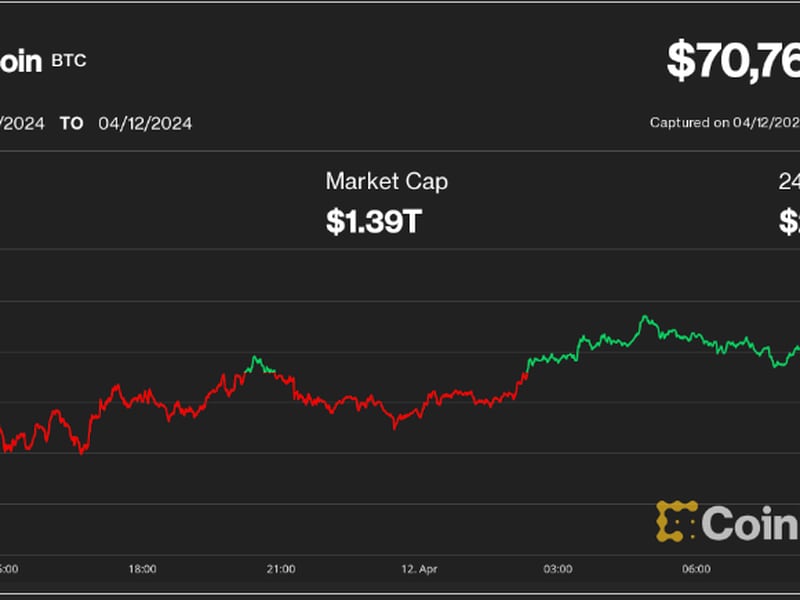Nevada Woman Charged in Bitcoin Murder-for-Hire as a Mystery Hacker Again Turns Tipster
A Nevada woman is facing federal charges for allegedly paying a darkweb hitman $5,000 worth of bitcoin to murder her ex-husband in a case that shares striking parallels with another recent murder-for-hire plot.
- The hit, ordered in spring 2016, did not go through. But 36-year-old Kristy Lynn Felkins was indicted in California federal court Thursday for allegedly paying a phony hitman 12 BTC (at the time worth $5,000) to see that it did.
- Homeland Security agents traced the murder-for-hire bitcoin to a LocalBitcoins account associated with Felkins, who, through a pseudonym, had allegedly discussed mixing her bitcoin with the scammer prior to allegedly paying him, authorities said.
- Chat logs cited in a criminal complaint detail a month-long back-and-forth in which the scammer tries and fails to up-sell the Felkins-linked pseudonym on a more expensive method of killing before ultimately ghosting her, the murder uncommitted.
- Federal agents said their tip came from an unnamed foreign hacker who “scraped” the murder-for-hire site for information, chat logs and bitcoin addresses and then handed it to the Feds “in or about January 2019.”
- The Felkins hacker-tipster generally matches the description and circumstances of another hacker-tipster federal agents cited in a separate but similar darkweb murder-for-hire investigation CoinDesk covered last month.
- In that case, agents said their source was providing information in multiple ongoing investigations but declined to provide his name or the site he had scraped.
- The hacker-tipster is additionally described in this case’s filings as a foreigner convicted outside the U.S. of possessing child pornography. His information has proven “to be reliable,” agents wrote.
- He is working with the U.S. government without any expectation of monetary gain or get-out-of-jail-free cards, according to the Felkins complaint.
- A Department of Homeland Security spokesperson did not immediately respond to CoinDesk’s request for confirmation that the two hacker-tipster sources are the same.
The charges demonstrate how individuals who view bitcoin as a gateway to criminal dealings – thinking, perhaps, that the crypto provides unparalleled economic anonymity in a digital-first world – can readily wind up in the Fed’s crosshairs when bitcoin’s immutable and highly traceable ledger gives their transactions away.









